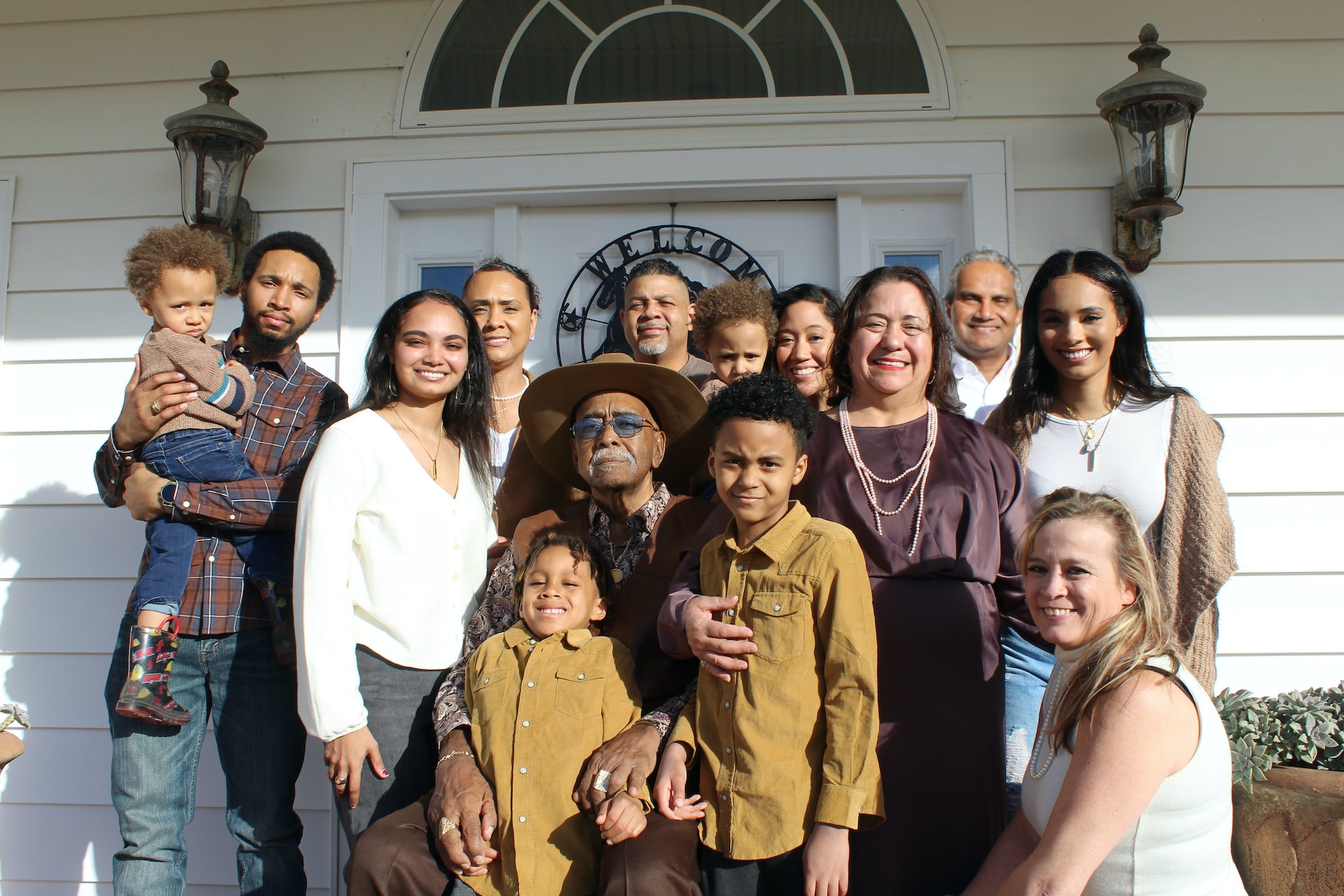
As parents age, it’s natural to consider having them move in so you’re better able to support them. While this arrangement can have many benefits, it is important to carefully consider if living with elderly parents is the right move for you, them, and the rest of your family before making the decision.
When it becomes apparent that a parent can no longer live alone, it can be tough to find the right solution. In this blog post, we will explore the advantages and disadvantages of elderly living with family.
Pros of Living With Elderly Parents
Increased Companionship
Having elderly parents live with you can provide increased companionship and a sense of family unity. This can be especially beneficial for those who live far from their parents or who do not have a close relationship with their siblings.
Enhanced Safety and Security
If your parents have physical or cognitive limitations, living with you can provide a safer environment. You can assist with tasks such as bathing, dressing, and taking medications, which can help prevent accidents and injuries.
Financial Benefits: Savings and Shared Costs
Having elderly parents live with you can potentially save money on expenses such as housing and healthcare. This may be an important benefit to those who help supplement their older adult parent’s income. Moving your parent in means you could potentially sell their home or if they’re renting, free up a monthly expense.
Easier Access to Caregiving Support
Living with elderly parents can allow you to provide more hands-on care and support as they age. This can be especially important for those with chronic health conditions or mobility issues.
Cultural and Emotional Benefits
For some families, living with elderly parents is a cultural tradition or a way to honor and care for older family members. It can also provide emotional support and a sense of belonging for both you and your parents.
Cons and Challenges of Living With Elderly Parents
Reduced Privacy and Personal Space
Sharing a living space with another person, especially a parent, can be a major adjustment. It may be difficult to maintain privacy and personal space, which can lead to tension and conflict.
Added Responsibility
Having elderly parents live with you can also come with additional responsibilities, such as providing transportation, running errands, and managing their healthcare. These tasks can be time-consuming and emotionally draining — especially for those who have a full-time job and/or children to take care of.
Strained Relationships
It’s important to consider the impact on other family members, as well as the relationship between you and your parents. Living together can put a strain on relationships, especially if there are differences in personalities or expectations. You may also begin to feel like you can never take a break from one another, and struggle with the parent/child dynamic when communicating.
Financial Burden and Pressure
Depending on the circumstances, having aging parents live with you may be financially burdensome. This could be due to the cost of home modifications or additional expenses, such as healthcare. They’re also another person to feed, shop for, and drive around, which are costs that can quickly add up. Even if you have financial support from your parent or a sibling, orchestrating who pays for what and teaching financial management can quickly feel like another chore.
Personal Lifestyle Sacrifices
Living with older adult parents may require you to make personal sacrifices, such as giving up an office space or spare bedroom. It’s likely your parent will want to bring their own furniture and knick-knacks from their home, which means you may have to give up some of your furniture and belongings to make space for them.
Another sacrifice is dedicating a significant amount of your time and energy to caregiving responsibilities. For example, you may have to decline social invitations to take your parent to the doctor. The biggest sacrifice, though, is giving up time for yourself to relax or do things that bring you joy.
Should Aging Parents Live With You?
Deciding whether aging parents should live with you is a highly personal decision that depends on a variety of factors. Some of the things to consider include:
- The needs and preferences of both you and your parents – It’s important to consider the needs and preferences of both you and your parent(s), as well as the potential impact on your relationships.
- Physical and cognitive limitations – If your parents have physical or cognitive limitations, living with you may be the best option to ensure their safety and well-being.
- Financial considerations – Consider the potential financial implications of having your parents live with you, including any additional costs such as home modifications or healthcare expenses.
- Caregiving support – Think about whether you are able to provide the necessary care and support for your parents, or if other options such as hiring a caregiver or finding an older adult living community may be more appropriate.
It may be helpful to discuss the pros and cons of having a parent live with you with other family members and your parents directly. You can also seek guidance from a healthcare professional or someone you know who has been in a similar situation to get their insight.
Unsure if Living With Elderly Parents is Right for You? Alternative Considerations for Senior Living Communities
While having a parent live with you can have many advantages, it’s just as important to consider the disadvantages of elderly living with family before making your decision. If you and your parent decide it’s not the right step, consider one of New Perspective’s older adult living communities.
Whether you’re looking for independent living, assisted living, or memory care facilities, New Perspective has an inviting home to offer your parent. Reach out to New Perspective to learn more about our communities.Personal Lifestyle Sacrifices

